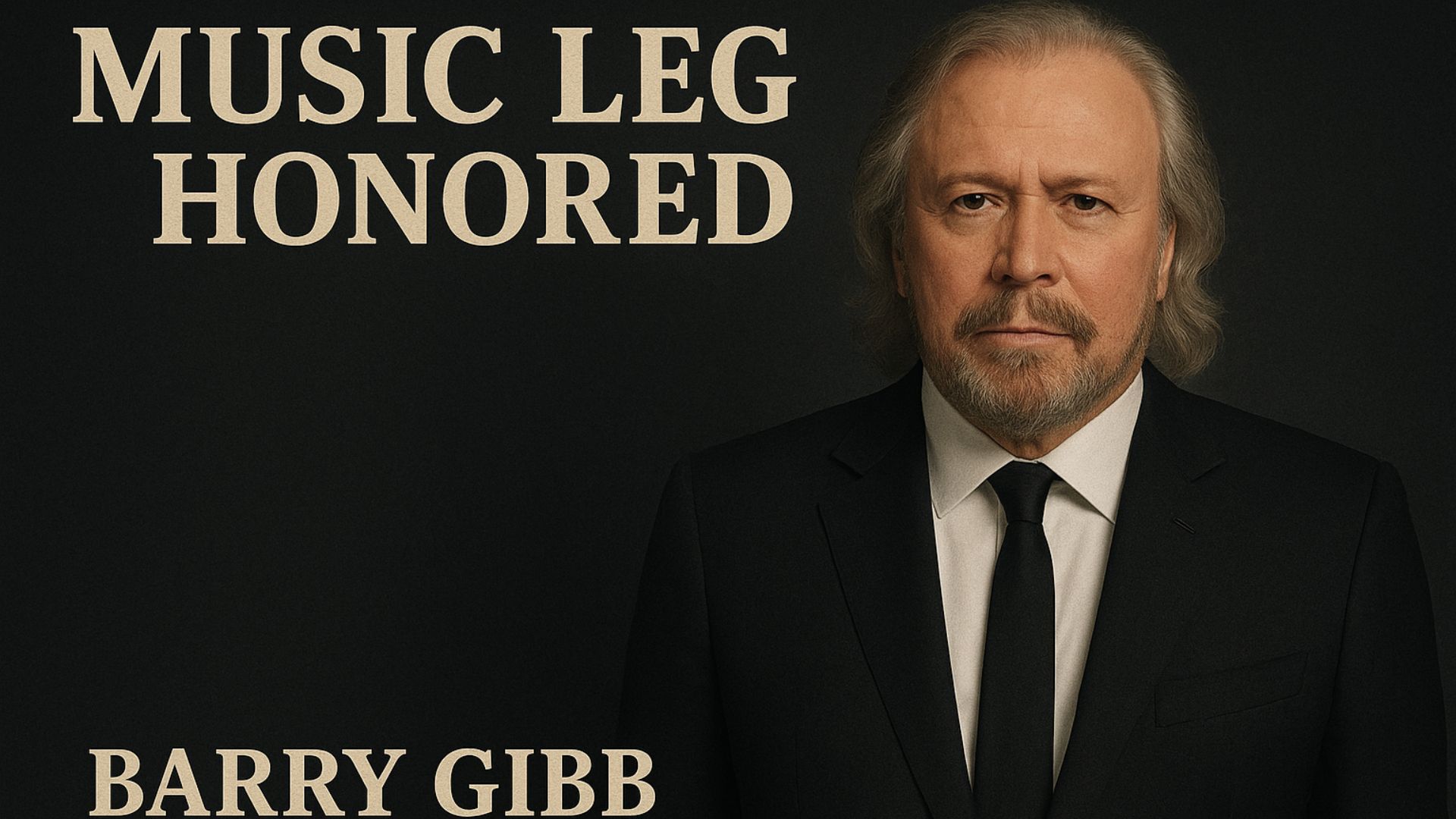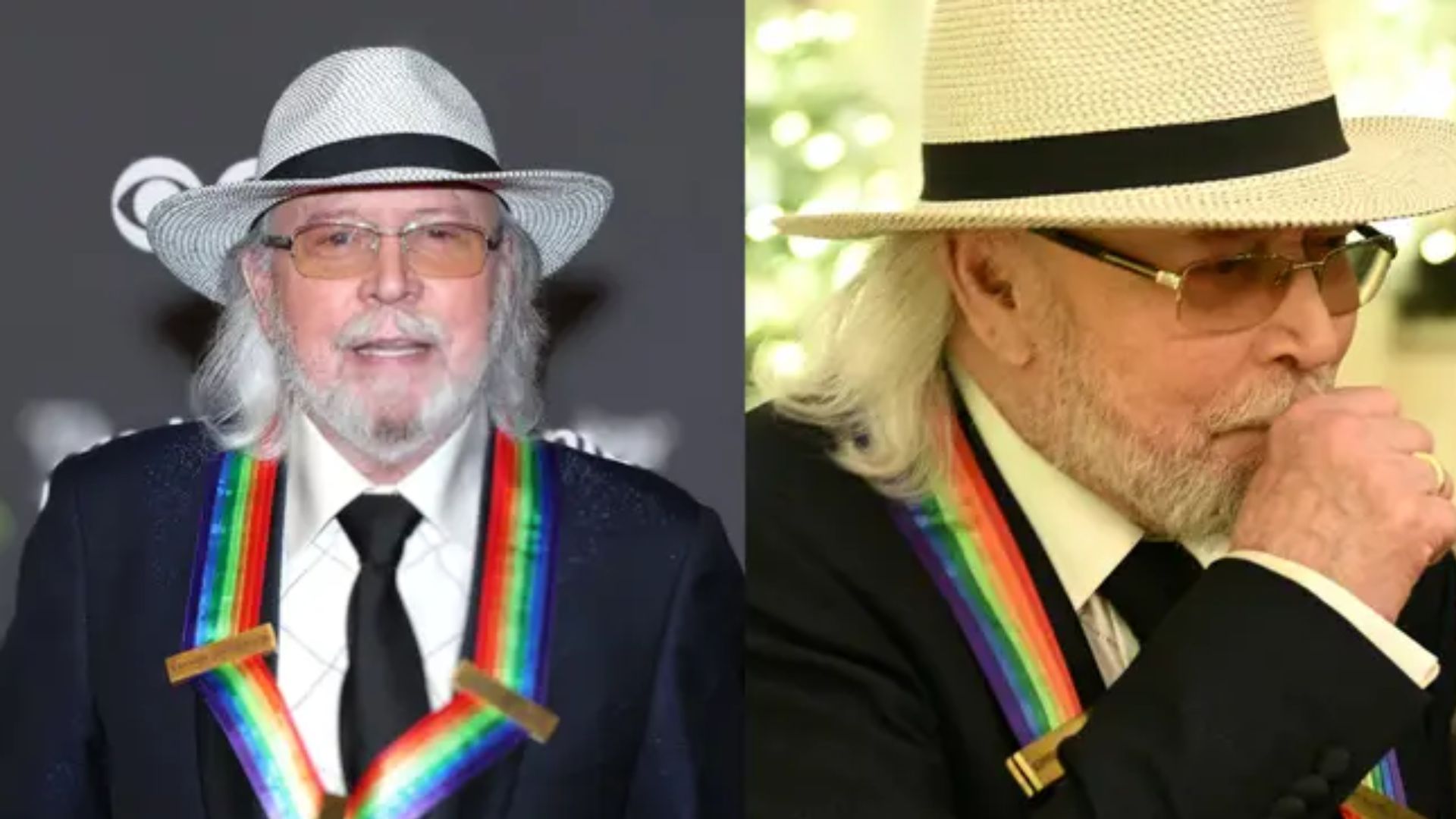
When the Bee Gees released “Run to Me” in July 1972, the world was changing, and so were they. After a turbulent period of separation and uncertainty, Barry, Robin, and Maurice Gibb reunited — not just as brothers, but as artists rediscovering their shared heartbeat. Out of that reunion came a song that felt like a reconciliation — gentle, humble, and full of grace. “Run to Me” wasn’t a declaration of fame or glory; it was a promise of refuge.

The song opens with a quiet piano phrase, soft and welcoming, before Barry’s tender voice enters:
“If ever you got rain in your heart, someone has hurt you and torn you apart…”
From the first line, it’s clear this is a song about healing. The words don’t reach outward to impress; they reach inward, offering comfort. There’s something deeply human in Barry’s delivery — his tone both reassuring and fragile, as though he’s singing not just to a lover, but to anyone lost in the storm.
Then comes the chorus — one of the most beautiful moments in the Bee Gees’ entire catalogue. The brothers’ voices rise together, perfectly balanced, perfectly human:
“Run to me, whenever you’re lonely. Run to me, if you need a shoulder…”
It’s more than harmony — it’s unity. The way Barry, Robin, and Maurice intertwine here is almost spiritual, a sound that feels less like three voices and more like one heart breathing.
Lyrically, “Run to Me” speaks of unconditional love — not the fevered kind that burns fast, but the steady love that endures. It’s the voice of someone saying, “I’ll be here when the world isn’t.” After years of internal tension within the group, the message feels personal, even prophetic. The Bee Gees were learning again how to lean on one another, how to forgive, and how to make music as a family.
Musically, the song is elegantly simple, produced by Robert Stigwood and Bill Shepherd, whose orchestral arrangement glides like sunlight through clouds. The strings don’t overwhelm — they embrace. The rhythm moves gently, allowing space for the emotion to breathe. It’s a masterclass in restraint, showing that power doesn’t always come from volume; sometimes, it comes from vulnerability.
What makes “Run to Me” endure is its universality. Everyone, at some point, has needed a place to run to — a person, a memory, a song. The Bee Gees gave us that place. In their harmonies, there’s no judgment, no distance — only compassion. It’s a reminder that love, in its truest form, isn’t about perfection or possession; it’s about presence.
Decades later, when Barry Gibb performs “Run to Me” live, the song feels even more sacred. His voice, older now, carries the weight of everything he’s lived through — the brothers he’s lost, the love he’s kept. When he sings, “Don’t you know I’ll be waiting for you?” it feels like both a vow and a memory, addressed not just to those who listen, but to Robin and Maurice, whose harmonies still linger like ghosts in the air.
Because “Run to Me” isn’t just a love song — it’s a sanctuary.
It’s where the storm quiets, where the heart finds its way home,
and where three brothers — and all of us — are reminded that no matter how far we drift,
there will always be someone waiting in the light, whispering softly:
“Run to me.”